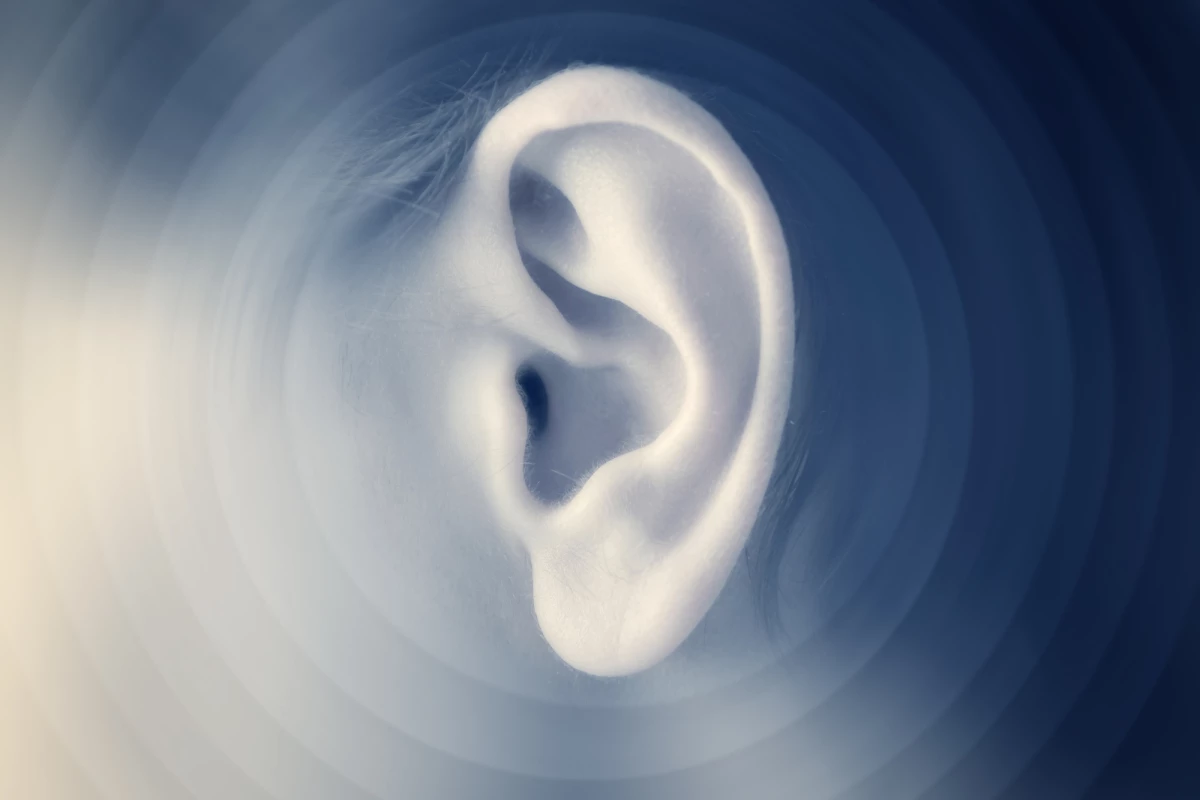The sensory cells that line the inner ear, known as hair cells, play an important role in our sense of hearing, but are also prone to irreversible damage from stresses like excessive noise. Scientists investigating regenerative treatments for this kind of hearing loss have made an important advance, demonstrating how a single protein can determine whether embryonic hair cells mature into adult hair cells, or follow a different path entirely.
The research was conducted by scientists at the University of Maryland and Stanford University, who were investigating the maturation process of hair cells and how it might be leveraged to address hearing loss. Through earlier work, the scientists had discovered that the loss of a protein called GFI1 in hair cells led to mutations that in turn resulted in hearing loss, so they have since been exploring how exactly the protein fits into the overall picture.
As part of this, the team recently conducted a study involving newborn mice that had been genetically engineered to be lacking the gene to produce GFI1. Studying the gene expression in these rodents, the team was able to demonstrate that their embryonic hair cells did not mature into fully functional adult hair cells. Instead, the genes they expressed suggested they would go on to become something closer to a nerve cell.
“Our findings explain why GFI1 is critical to enable embryonic cells to progress into functioning adult hair cells,” says Dr. Hertzano. “These data also explain the importance of GFI1 in experimental protocols to regenerate hair cells from stem cells. These regenerative methods have the potential of being used for patients who have experienced hearing loss due to age or environmental factors like exposure to loud noise.”
While the studies were conducted in mice and are just a tiny piece of the very complex puzzle, understanding what leads to normal healthy hearing and what can compromise it are important early steps for the development of new treatments. The team notes that fellow researchers in the field are now testing GFI1 and similar proteins as part of a potential cocktail to restore hearing.
The research was published in the journal Development.
Source: University of Maryland




